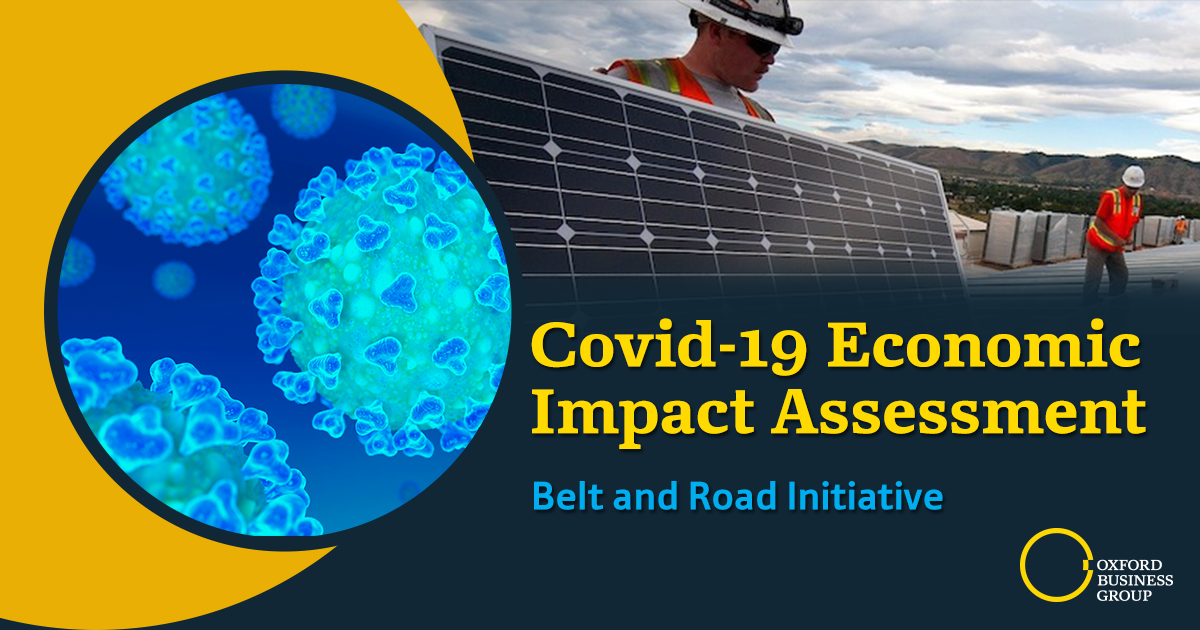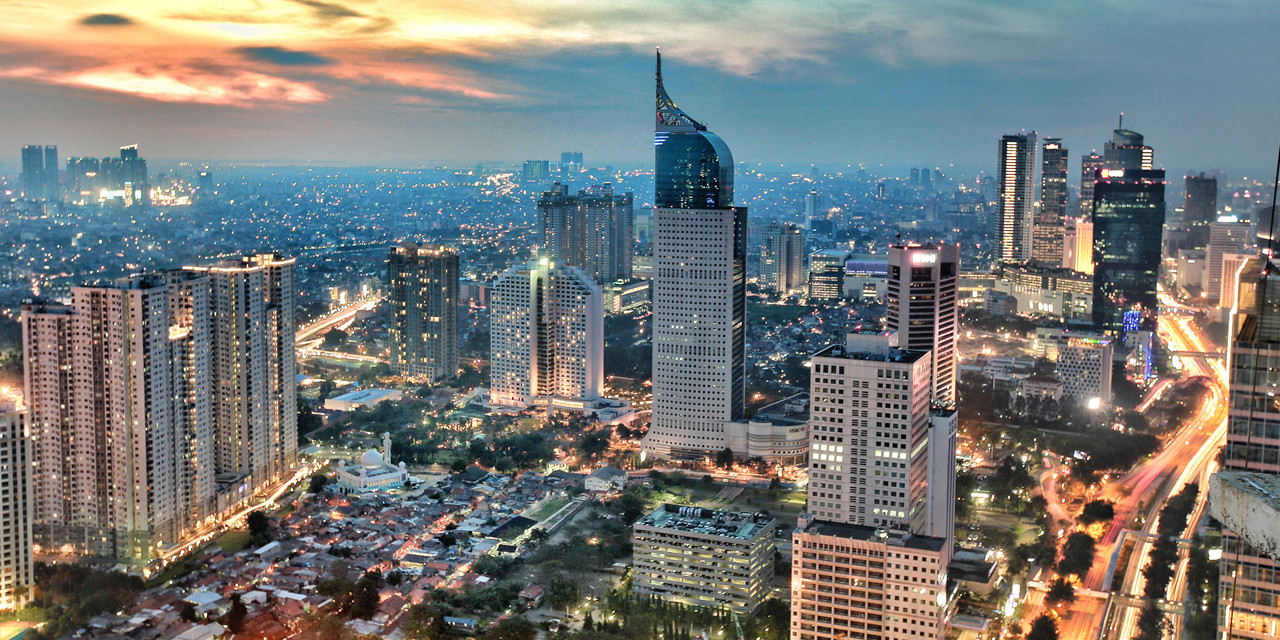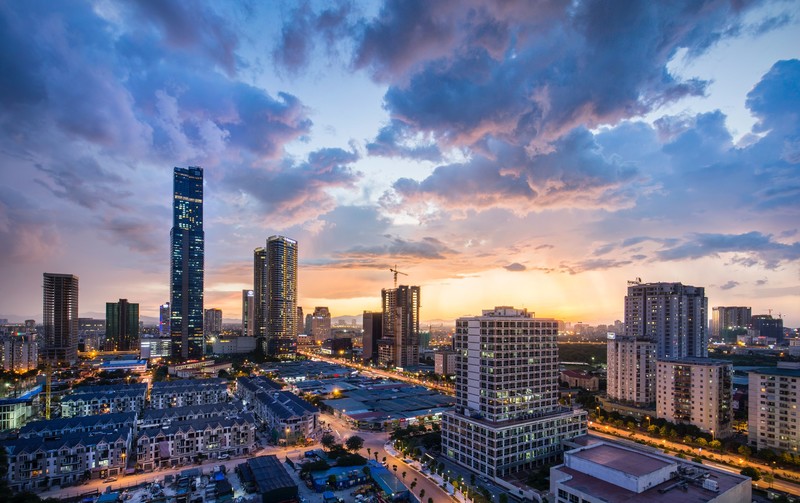– Covid-19 led to a slowdown in BRI projects
– Chinese overseas investment dropped off in 2020
– Government remains committed to the wide-ranging infrastructure programme
– Sustainability, health and digital to be the new cornerstones of the initiative
Following a year of coronavirus-related disruptions, China appears to be placing a greater focus on sustainable, digital and health-related projects in its flagship Belt and Road Initiative (BRI).
As OBG outlined in April last year, the onset of Covid-19 prompted questions about the future direction of the BRI.
Launched in 2013, the BRI is an ambitious international initiative that aims to revive ancient Silk Road trade routes through large-scale infrastructure development.
By the start of 2020 some 2951 BRI-linked projects – valued at a total of $3.9trn – were planned or under way across the world.
However, as borders closed and lockdowns were imposed, progress stalled on a number of major BRI infrastructure developments.
In June China’s Ministry of Foreign Affairs announced that 30-40% of BRI projects had been affected by the virus, while a further 20% had been “seriously affected”. Restrictions on the flow of Chinese workers and construction supplies were cited as factors behind project suspensions or slowdowns in Pakistan, Cambodia and Indonesia, among other countries.
About the author
With some of the industry’s most experienced analysts conducting on-the-ground research throughout the year, OBG provides its global readership with the business intelligence they need to stay ahead.










